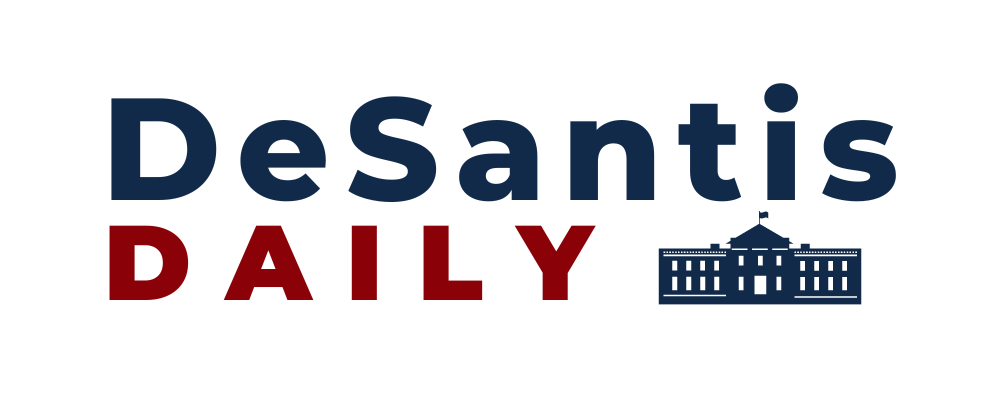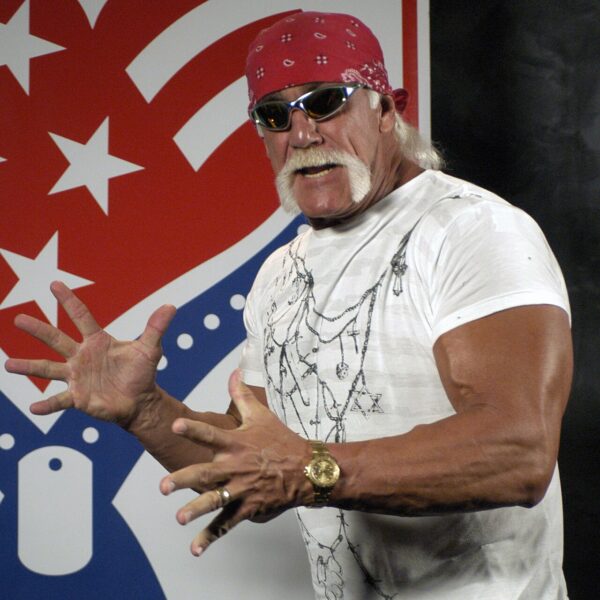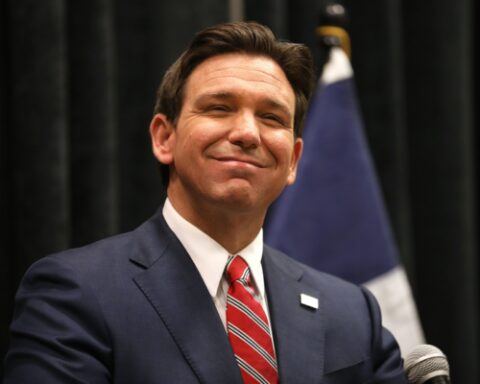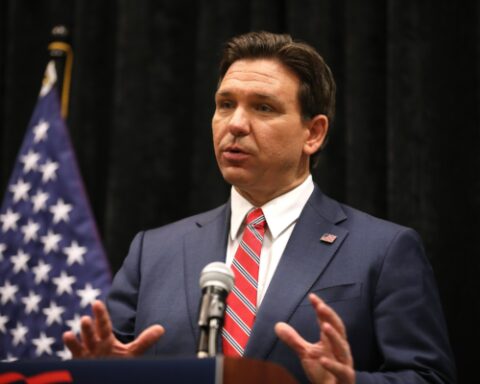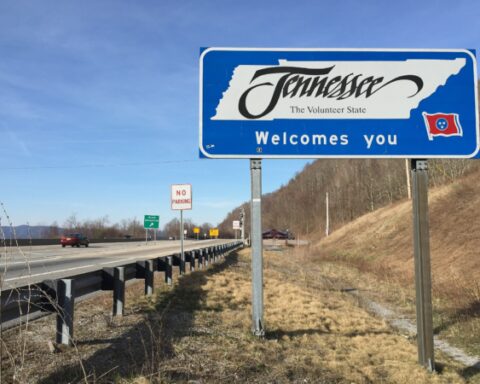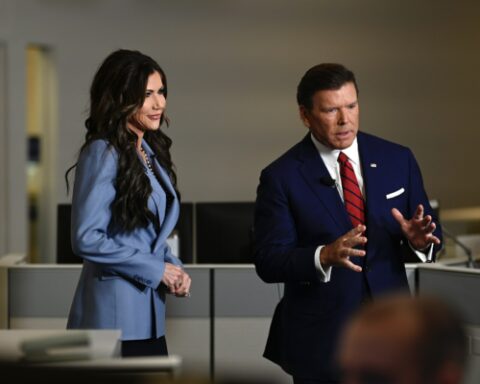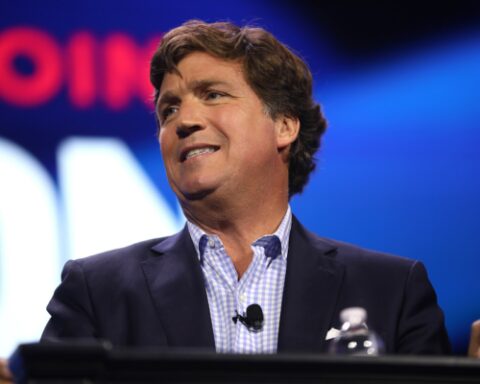Florida paid tribute Friday to one of its most recognizable and larger-than-life figures: Hulk Hogan, the professional wrestling legend and conservative cultural icon who died of a heart attack last week at age 71.
Governor Ron DeSantis (R) reportedly ordered flags across the Sunshine State to be flown at half-staff in Hogan’s honor and formally declared August 1st “Hulk Hogan Day,” commemorating a man he described as emblematic of Florida’s spirit and grit. “He was a true Floridian through and through,” DeSantis said in a statement. “His larger-than-life personality will be missed, as the ‘Hulkster’ was an icon for many who grew up in the 80s and 90s as well as today.”
Born Terry Bollea, Hogan rose to fame as the face of professional wrestling’s explosive rise in the 1980s and 1990s, with his signature charisma, raw strength, and unwavering patriotism endearing him to millions. But in recent years, the wrestling champion became more than a pop culture figure — he emerged as a vocal supporter of the conservative movement.
His last public appearance came just weeks before his death, when he delivered an electric speech at the Republican National Convention in June.
In true Hogan fashion, he tore off his shirt with his bare hands to roaring applause from the crowd. The moment quickly became one of the convention’s most memorable highlights.
“We lost a great friend today, the ‘Hulkster,’” former President Donald Trump wrote on Truth Social following the news of Hogan’s passing. “Hulk Hogan was MAGA all the way — Strong, tough, smart, but with the biggest heart.” Trump, a longtime admirer and friend of the wrestler, added, “He gave an absolutely electric speech at the Republican National Convention… The cultural impact he had was massive.”
Vice President J.D. Vance echoed the sentiment. “The last time I saw him we promised we’d get beers together next time we saw each other,” Vance wrote on X. “The next time will have to be on the other side, my friend!”
Though often dismissed by liberal critics as a relic of a bygone era, Hogan remained a deeply influential figure whose unapologetic patriotism and working-class appeal struck a chord with Americans beyond the wrestling ring.
In an age increasingly defined by sanitized celebrity and politically correct messaging, Hogan stood out for his authenticity — and his loyalty to the country and values that made him famous.
Florida’s half-staff flags and the newly proclaimed “Hulk Hogan Day” serve as a reminder that some legacies aren’t shaped in Hollywood boardrooms or filtered through Beltway think tanks — they’re forged in arenas, carried by grit, and remembered by the millions who saw in the “Hulkster” not just entertainment, but something quintessentially American.
